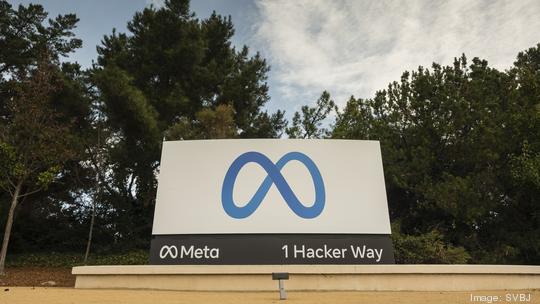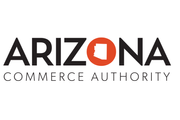
Late last month, Mark Zuckerburg announced that Facebook’s parent company would change its name from Facebook Inc. to Meta Platforms Inc. and would do business simply as Meta.
But a Scottsdale company had filed for the ‘Meta’ trademark months before the announcement and now Meta PC wants $20 million to turn over the name. The $20 million offer to sell was originally reported by TMZ.
Meta PC, which makes custom computer hardware, filed for the Meta trademark on Aug. 23, according to the U.S. Patent and Trademark Office, while Facebook filed its application on Oct. 28. Scottsdale’s Meta does not actually own the trademark yet, but they did file for it first. The trademark approval process can take between nine and 18 months.
Meta PC’s limited liability company was filed with the Arizona Corporation Commission in November 2020, which is also when the company said it first started using the Meta trademark in its USPTO application.
Justin Clark, a Chandler-based trademark attorney with J. Clark Law Firm, said that Meta PC may get a settlement in the future, but it is not likely to be the full $20 million.
“Facebook is big, they probably have the funds to spend that. But if they do that, then it just creates this precedent,” he said.
If Facebook did shell out $20 million to Meta PC, Clark said that other small companies might try to get a settlement from the company in the future.
Clark said that when trademark disputes go to court, judges typically consider the likelihood of confusion between the parties and if one party suffers lost sales because of this confusion.
“Courts are looking at how similar are the marks, and they look at how they sound. Is it a word or is it a logo? Is it a word plus the logo? Are the products that similar?” he said. “It’s something that's really kind of an art as opposed to a science.”
Clark said that, for example, the Ninth Circuit Court of Appeals, which covers federal courts in Arizona and along the West Coast, has an test that includes eight factors it considers when looking at trademark disputes.
While Meta Platforms and Meta PC are both broadly used in the technology sector, confusion between the products and service offered by the two companies seems unlikely.
Patent trolls
Often, the courts can get backed up with cases involving what are known as patent trolls, the name given to a company without business operations that owns a patent and makes money by suing other people who violate the patent or by simply forcing others to settle outside of court.
But not all intellectual property trolls — copyright, patents and trademarks — have to play by the same rules.
“You don't have to use either a patent or a copyright in order to maintain rights,” Clark said. “Unlike with trademarks, where you have to be using the mark.”
So, in general, it's much easier to troll on copyrights and patents than it is for trademarks, according to Clark.










